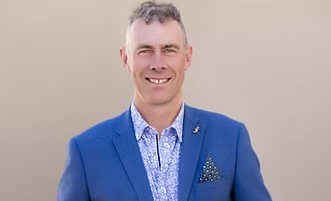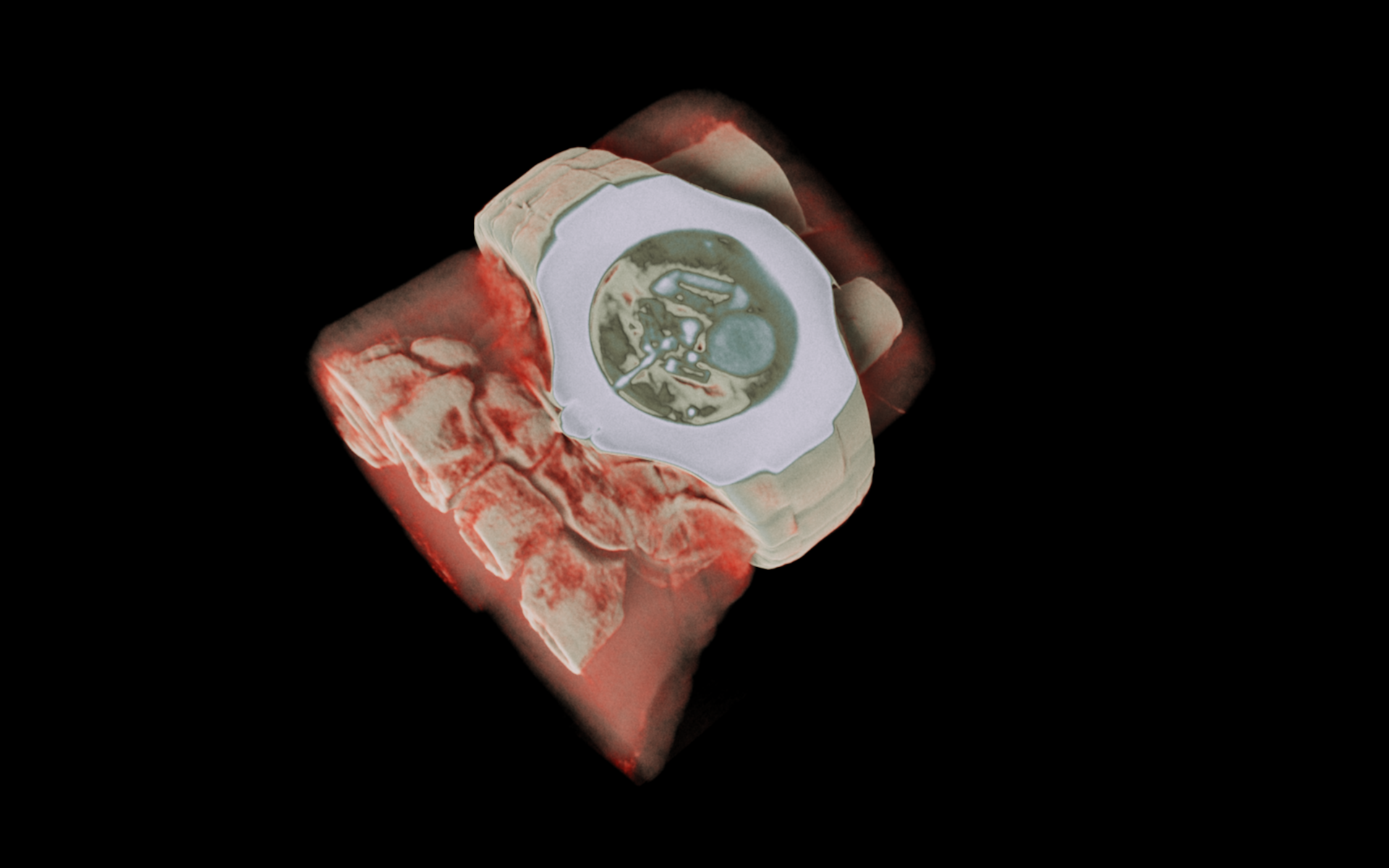Six insights from founder Will Hewitt to mark HeartLab’s six anniversary.
Founders starting companies in their twenties is impressive enough but HeartLab turning six before its founder turns 25 is enough to make the biggest overachievers feel behind in life.
“I spent a quarter of my life working on this thing, so I guess it better go well,” founder and CEO Will Hewitt laughed when Caffeine caught up with him ahead of the anniversary later this month.
HeartLab uses artificial intelligence to automate and streamline the process of echocardiograms, a bread and butter scan for doctors checking heart health.
HeartLab caught the eye of major investors from Peter Beck to Peter Thiel early on and while he wouldn’t give specifics, Hewitt says HeartLab now services a ‘decent chunk’ of scans in both Australia and New Zealand.
Answers have been edited for clarity and length.
Forget the anniversary, when did HeartLab become real for you?
When the first doctor agreed to try the thing we built. That was a monumental day for me. The fact that I've been working and building this thing for ages and then a real patient in Nelson, my hometown, was scanned and had this scan reviewed in HeartLab. It’s funny with some of those achievements, you work so hard to get there and by the time it happens, it doesn't really feel like you won the lotto. It's more just a huge feeling of gratitude that all the hard work paid off.
People can be understandably nervous about AI use in medicine, what benefit does HeartLab bring to patients and doctors?
It's about what are the work flow adjustments we make so the clinician can spend more time actually with the patient at the end. So from a cardiologist point of view, that's more time just sitting with the patient and talking to them and then from the technician's point of view, the person actually doing the scan, that's actually more time to focus on good image acquisition.
I was talking to a customer today and they were talking about how before they didn't have the ability to even show their patients their scans. So one thing they're able to do with HeartLab, they're actually able to sit down and say: “Hey, here is the scan we just took of your heart” and just point out some of the things in that scan to try and help the patient better understand the condition.
What was a challenge you didn’t see coming when you started out?
It was way harder than we thought we would to build adoption. I think we're in a really fortunate place now where, while I can't share specifics, we're a pretty real player in the market but that requires a lot of really hard door to door work. We really had to explain our vision and what we do well for people. I don't think we have any idea how hard that would be on day one.
Any advice you’d give yourself six years ago?
I think the thing I would say to myself six years ago is “remember that if it's worth doing, it's worth doing well.” I think we've done a good job of this, but I think we didn’t realise until recently that a big part of our success is just the fact we're really committed to doing a good job. It may be surprising in an industry which is dominated by very large technology companies how poor the user experience can be because those companies haven't put a lot of effort into doing it well.
What’s some hard but useful advice you’d give other founders?
This applies to most founders but I think sometimes in med-tech people are particularly forgetful of it. It doesn't matter who your customer is, at the end of the day, you have to be so ruthlessly focused on ‘what can I ship?’ I think it's really easy to spend a lot of time spinning your wheels thinking you're building something that matters when you actually haven't sat down with someone and gotten it critiqued. The number of times I've sat down with a customer and had them actually tear to shreds what we built! The amount of time you spend just learning from that and improving and iterating, you have to be so ruthlessly iterative.
What’s next for HeartLab?
We've come a long way but we're still very much at the base of the mountain. We've got a lot of product development to do. We've got a lot of new markets to enter and we've got all the work in the markets we're already in. So it's really just knuckle down, keep working on what we're working on, try and be as inspired as we can at different points in time and maybe build stuff that can excite and, you know, surprise people and, yeah, keep working.
I think I can guess the answer but are you taking any time to celebrate this milestone or are you already at work on the next thing?
Got eyes on the next thing. Maybe I'll have a week around Christmas or something.



.jpg)